News
TOP promotes sugar replacement alternatives
2 May 2018After extensive research TOP says it has found smart, healthy and tasty formulas in which sugar can be completely replaced, while the microbiological safety as well as the taste of the product are preserved.

Due to increasing pressure from social organizations and changing consumer behaviour, food producers are trying to reduce the sugar content in their products. But sugars often have more than one function, notes TOP from Wageningen in The Netherlands, who say they offer several solutions to enable the reduction of sugar.
At the start of this month the Diabetes Fund started the Sugar Recall Action, in which consumers can send a signal to the food industry by ‘recalling’ a product with an unnecessary high sugar content. For a long time now Foodwatch has pointed out products with ‘unnecessary’ addition of sugars, and in several countries the industry is forced to take measures by a sugar tax.However, sugar has an important function in many of these products. Sugar can mask sour tastes or increase the volume, but it can also reduce the water activity, thus increasing the food safety of the product. Simply removing the sugar from a product can lead to the product having less taste or even becoming unsafe. Until recently there was no viable alternative for the industry.After extensive research TOP says it has found smart, healthy and tasty formulas in which sugar can be completely replaced, while the microbiological safety as well as the taste of the product are preserved. Many tests show that this formula is suitable for practically all sugar containing products.Related news

UK to ban junk food TV advertisements before 9pm
3 Oct 2024
In a bid to reduce childhood obesity, the UK government has introduced a policy, coming into effect on 1 October 2025, banning junk food advertising on television before the 9pm watershed.
Read more
Which food and beverage brands made TIME’s Most Influential Companies list?
2 Oct 2024
Chickpea pasta, prebiotic sodas, food boxes, non-alcoholic beer, and a soil carbon marketplace are the specialties of the five food and beverage brands that earned a spot on TIME’s 2024 list.
Read more
New environmental food scoring standards emerge
30 Sep 2024
EIT Food and Foundation Earth collaborate to launch environmental food scoring for products entering the global supply chain.
Read more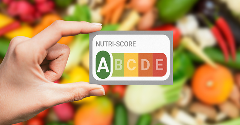
Danone removes NutriScore from products
20 Sep 2024
Following an algorithm update that gives some of its sweetened drinks a worse score, Danone has removed the front-of-pack label, NutriScore, from all of its products – putting profit before public health, say campaigners.
Read more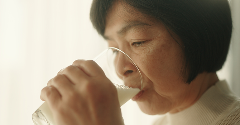
Nestlé develops a new fat reduction method for dairy ingredients
26 Aug 2024
A Brazil-based Nestlé research and development team has developed a way to reduce the fat in milk powder by as much as 60%, without impacting the key characteristics that consumers enjoy.
Read more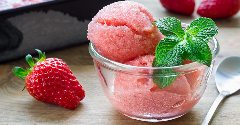
Better Juice expands its range to sorbets
16 Aug 2024
Food tech startup Better Juice has developed a technology to reduce the sugar content in fruit sorbets. The process retains the natural vitamins, minerals, and flavours of fruit, while offering manufacturers an easy-to-implement and scalable solution t...
Read more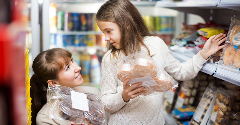
German study reveals high sugar, fat, and salt levels in children's foods
13 Aug 2024
The food industry is making slow progress in reducing the high levels of sugar, fat, and salt in German food and beverage products marketed to children, according to the Max Rubner Institute (MRI).
Read more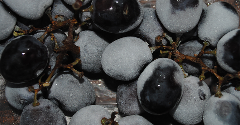
Swedish court overturns prohibition on winery’s use of imported frozen grapes
12 Aug 2024
Swedish company Drood Winery has successfully challenged the Swedish Food Agency’s decision to prohibit the production and sale of their product made from frozen grapes imported from Iran.
Read more
Paris Olympics: Food and beverage brands champion health, fun, and sustainability
5 Aug 2024
Food and beverage brands are aligning with the Paris Olympics 2024 Food Vision, which emphasises sustainability, local sourcing, and plant-based diets.
Read more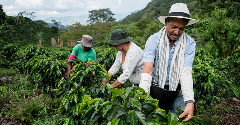
The coffee supply chain is failing farmers, says Solidaridad
30 Jul 2024
The coffee industry’s economic model means its profits do not reach farmers, despite there being enough value to be shared all along the supply chain, according to a new report by Solidaridad Network and IDH.
Read more